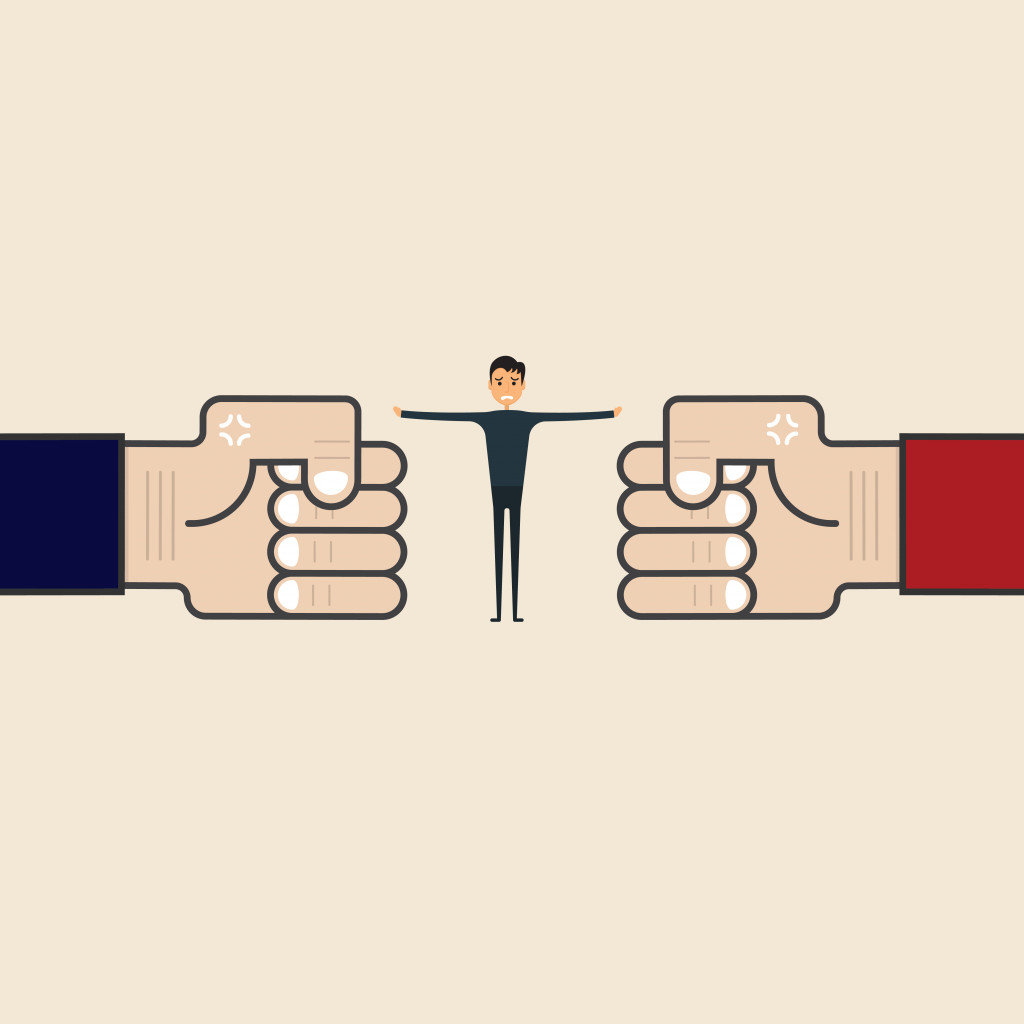Even the smallest business case can tarnish reputations, damage relationships, and eat up a lot of time. There are many ways you can go about resolving such disputes, but litigation is the most effective. If you want to solve a case outside court, both parties have to be present and willing, which is not always the case. When faced with such a situation, the court is the best way to get a win-win solution for both parties. No one likes disputes with other people or organizations, but sometimes it can be unavoidable. When it happens, the question always lies on the best course of action. Here is what you stand to gain with litigation in resolving disputes.
-
Cooperation
There is no denying that resolving a dispute is a two-way process. That’s why it’s problematic and frustrating when one party is uncooperative. With court-mandated requirements and deadlines, it’s easy to get both parties on the same page. If either of them is not cooperating with the given guidelines, there are consequences. Showing up is the first step to putting long-standing conflicts behind you. That’s why cooperation tops the list of the benefits of using litigation to resolve a dispute, especially if it involves multiple parties.
-
Results
No matter how long it takes, you know that you will have results at the end of the day. Alternative dispute resolution may not always work. Where it breaks down, your only chance of having a lasting solution is going to court. For that reason, it’s essential to have legal experts close, especially if you are running a business. A professional lawyer or bondsman will help you with the process and speed it up to have faster results. Taking the easy way out may provide results that are not long-lasting.
-
Public Record
You might be wondering why this is an advantage, as having the records visible to the public can add stain to your business reputation. That is one side of the argument, but while other methods of resolving issues can offer privacy, when it comes down to it, a public record is a good thing. Especially today, with social media—where accusations can come from anywhere—it will be challenging to set the record straight without public documents. Clearing your name in public is invaluable in repairing any reputational damage that the dispute might have caused.

-
Appeals
Appeals can be a good or bad thing. It depends on your circumstances. If you win and get your desired results, it’s unnecessary. But when you feel like the outcome is unfavorable and not fair, you are free to appeal. If there is a clear mistake that can cause more challenges, appeals are the best way out. That’s why you need to have a reliable legal team. Some regulations differ with jurisdiction. Therefore, ensure the people you are hiring have the proper knowledge. For example, your bailsman should know the process to become a bondsman in NC if he or she is in that state. That way, you can be sure to walk out of court satisfied.
-
Evidence
In courts, evidence rules are stringent. If you have a strong case, it will be beneficial. With alternative dispute resolutions, the rules are not very clear. More power generally lies with people, such as an individual arbitrator. The outcome may be based on information that would not have held any water with litigation. The best way to avoid speculation and other unimportant details affecting your case is by using courts to resolve issues. You will also discover more information from the other party through documents or verbal responses you may not have gained using different methods.
-
Precedent Value
Precedent is the lasting and valuable benefit of litigation going through courts. That means you can point to other similar cases from the past to help boost your argument. It’s also an advantage because it speeds up the dispute resolution process. All the parties can rely on previous judgments to make the best ruling that favors everyone. It also has a lasting value because you can use it to discourage similar lawsuits against you in the future. If it happens, you won’t have to start your arguments from scratch every time. You will already know how to go about such disputes and come to a better understanding.
Conclusion
Courts get a bad rap most of the time, and sometimes for good reasons. However, it’s the most powerful and effective way of resolving conflicts, big or small. Other options have become very popular, especially with organizations and businesses. However, these reasons are enough to make you consider using litigation to resolve your next dispute. By hiring the right team, you will have the best results in no time.

